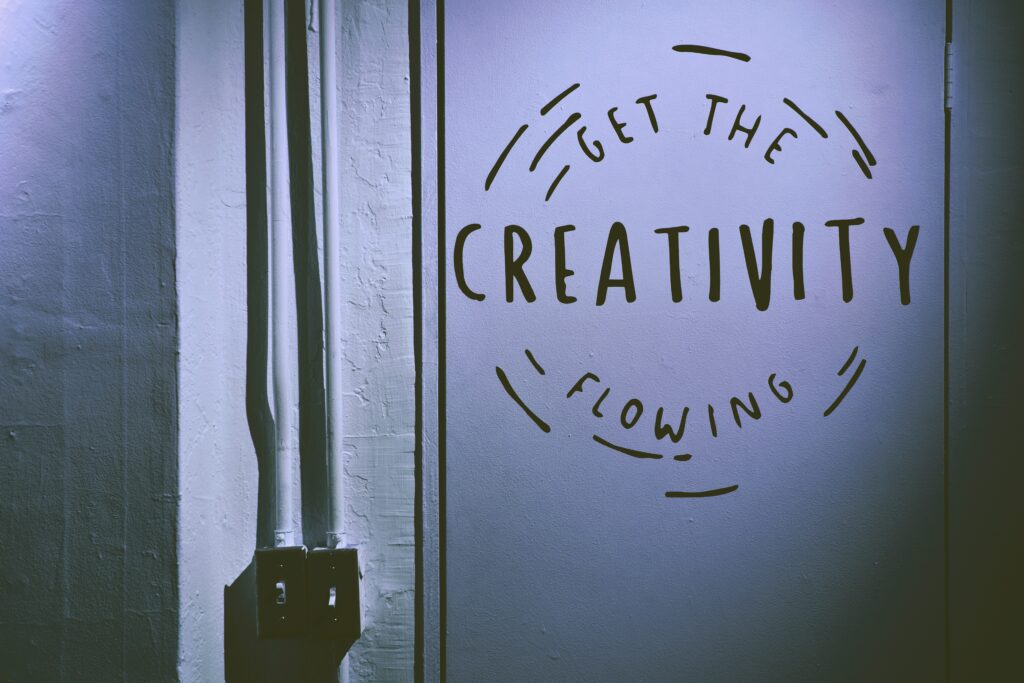Why Failure is the Best Teacher (and How to Embrace It)
By Newt / October 6, 2024 / No Comments / Productivity
Introduction
Have you ever considered failure a stepping stone to success rather than a stumbling block? As we navigate life’s highs and lows, it’s essential to reframe our understanding of failure. Embracing failure not only propels us forward but also equips us with invaluable lessons that drive personal and professional growth. In a society that often glorifies success, acknowledging the role of failure is vital for fostering a more realistic and resilient approach to our goals.
In this post, we’ll explore five compelling reasons why failure serves as an invaluable teacher and how to integrate these lessons into our lives. By altering our perspective on failure, we unlock the potential for greater achievements and deeper self-understanding.
1. Learning From Experience: Gaining Insight from Setbacks
Every failure presents a unique opportunity for growth. Reflecting on what didn’t work allows us to refine our strategies and gain deeper insights into our capabilities. Each setback acts as a guiding beacon, illuminating the path to informed decision-making and effective adaptation in our pursuits.
These moments of introspection can reveal crucial information about our strengths and areas for improvement. For instance, a failed project at work can highlight gaps in our skills or understanding, prompting us to seek further education or mentorship. This proactive approach transforms failure from a negative experience into a valuable learning opportunity.
Additionally, sharing these insights with others can foster a culture of openness and growth. When we discuss our failures and the lessons learned, we encourage those around us to do the same, creating an environment where collective learning flourishes. This culture not only helps individuals grow but also strengthens teams and organizations, leading to innovative solutions and a more resilient workforce.
2. Fostering Resilience: Building Mental Toughness

Resilience is our greatest ally when facing failure. Setbacks are crucial for developing mental fortitude, reminding us that challenges are a natural part of our journey. Embracing failure equips us for future difficulties while reinforcing our belief in our ability to overcome obstacles with strength and determination.
Each time we rise after a fall, we cultivate a stronger sense of self. This resilience empowers us to tackle life’s uncertainties with renewed courage. For example, athletes often encounter losses and injuries, but it is their ability to rebound that ultimately leads to success. Every setback they face builds their mental toughness, enabling them to perform under pressure and exceed their limits.
Moreover, resilience isn’t just about enduring hardships; it’s about thriving in adversity. Developing this trait allows us to approach difficulties with a growth mindset, seeing them as opportunities for development rather than insurmountable barriers. This mindset enhances our ability to cope and inspires those around us to adopt a similar perspective.
3. Encouraging Innovation: Sparking Creativity From Failure

Failure opens the door to experimentation and innovation. Setbacks can inspire groundbreaking ideas that push us beyond our comfort zones. By embracing failure, we create an environment where creativity can flourish, allowing us to explore new solutions and perspectives that propel us forward.
Instead of viewing failure as a deterrent, consider it a source of inspiration. Each setback encourages us to think outside the box, fostering an atmosphere where innovative ideas can thrive. Historical examples abound—many successful inventions have emerged from failed attempts. The journey of Thomas Edison, for instance, illustrates how numerous failures in creating the lightbulb ultimately led to a revolutionary invention that changed the world.
This mindset encourages a culture of experimentation, where individuals feel empowered to take risks and explore uncharted territory. When we view failure as a natural part of the creative process, we eliminate the fear associated with taking risks. This shift fosters an atmosphere where new ideas can thrive, driving progress and innovation in both personal and professional settings.
4. Shifting Perspectives: Redefining Success and Failure
A fundamental shift in our understanding of success is crucial for fully embracing failure. Approaching challenges with curiosity rather than fear cultivates a healthier relationship with setbacks. Celebrating our efforts, regardless of the outcomes, nurtures a growth-oriented mindset that enhances our resilience and determination.
This perspective shift diminishes the stigma surrounding failure and creates an environment where learning can flourish. As we redefine success, we empower ourselves to embrace the journey with open arms. Instead of fixating solely on achieving specific goals—such as winning a competition or landing a promotion—we can focus on the skills we develop, the relationships we build, and the experiences we gain along the way.
Furthermore, sharing our redefined understanding of success with others can create a ripple effect, encouraging them to adopt a similar mindset. When we collectively redefine success and failure, we foster a supportive community that values growth and learning over mere achievement. This shift benefits individuals and enhances organizational culture, promoting collaboration and innovation.
5. Inspiring Growth: Transforming Setbacks into Motivation

Viewing failure as a powerful motivator for growth transforms setbacks into opportunities for advancement. Each stumble encourages us to reassess our goals, reigniting our ambition and propelling us forward with renewed energy. Sharing stories of overcoming failure not only inspires us but also uplifts those around us on their journeys.
By cultivating a culture that values learning from experience, we encourage ourselves and others to view setbacks as opportunities for development. This collective mindset nurtures an environment where creativity and resilience can truly thrive. Organizations that celebrate failure as a learning experience often see increased employee engagement and innovation. When team members know their attempts will be valued, they are more likely to take risks and propose creative solutions.
On a personal level, sharing our experiences with failure can foster connection and understanding. When we express vulnerability and openness about our struggles, we create safe spaces for others to do the same, ultimately cultivating a culture of support and resilience. This collective storytelling not only empowers individuals but also reinforces the belief that we are not alone in our challenges.
Conclusion
Failure is not an endpoint; it is a crucial teacher in our quest for success. By embracing failure and recognizing its inherent value, we cultivate resilience, foster innovation, and inspire ourselves and others on the path to achievement.
It’s time to take that first step. Embrace failure as an integral part of your journey toward growth and success. Let each setback guide you toward a brighter, more resilient future, where every experience—successful or not—contributes to your ongoing development.
